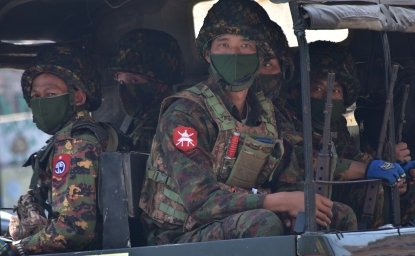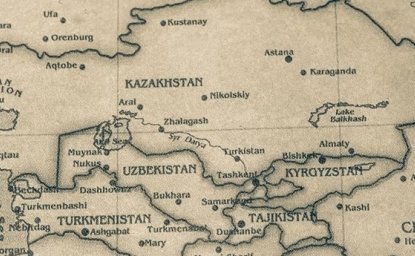The Decline of Factions in the PLA

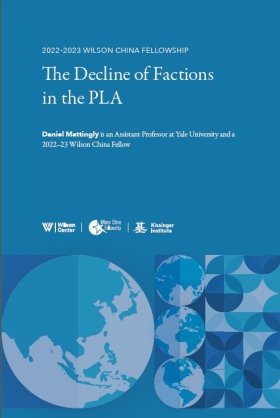
How has the People’s Liberation Army (PLA) changed under Xi Jinping? This study examines this question through a study of factional networks in the PLA. The presence of factions in the PLA has implications for the military’s battlefield effectiveness, loyalty to the party’s civilian leadership, and ability to maintain domestic stability. To investigate the changing role of factions in the PLA, I draw on a dataset of over 12,000 appointments to top military positions. I show a striking decline of the importance of promotion networks between Hu Jintao and Xi Jinping. Under Hu Jintao, having a career tie to one of the generals sitting on the Central Military Commission (CMC) was highly predictive of promotion. As later corruption prosecutions made clear, officers in the Hu Era were systematically paying patrons for promotion up the ladder. This likely eroded military readiness and increased the risk of domestic political instability. Under Xi, however, having a career tie to a CMC vice chairman no longer helps a general’s career prospects. In recent years, generals with ties to a military officer on the CMC member leader are not more likely to be promoted than average. Instead, ties to Xi Jinping himself matter for promotion. The decline of intra-military factions in the PLA—and the rise in importance of ties to Xi Jinping—has likely ensured the army’s loyalty to Xi while on balance increasing professionalism.
Author

Assistant Professor, Department of Political Science, Yale University

Kissinger Institute on China and the United States
The Kissinger Institute works to ensure that China policy serves American long-term interests and is founded in understanding of historical and cultural factors in bilateral relations and in accurate assessment of the aspirations of China’s government and people. Read more

Explore More
Browse Insights & Analysis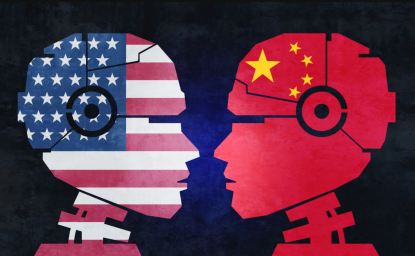
Ten Steps to Win the AI Race
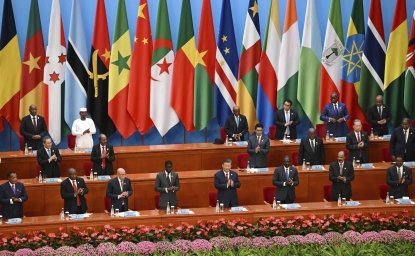
Lights On or Off? Chinese Solar and Wind Companies in Sub-Saharan Africa
